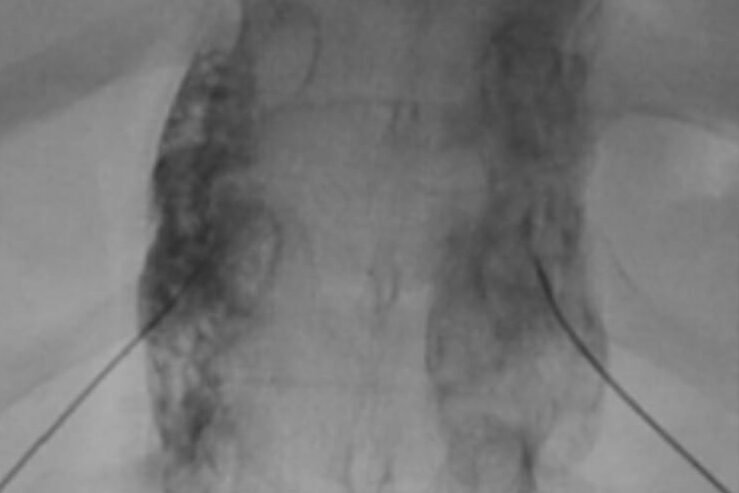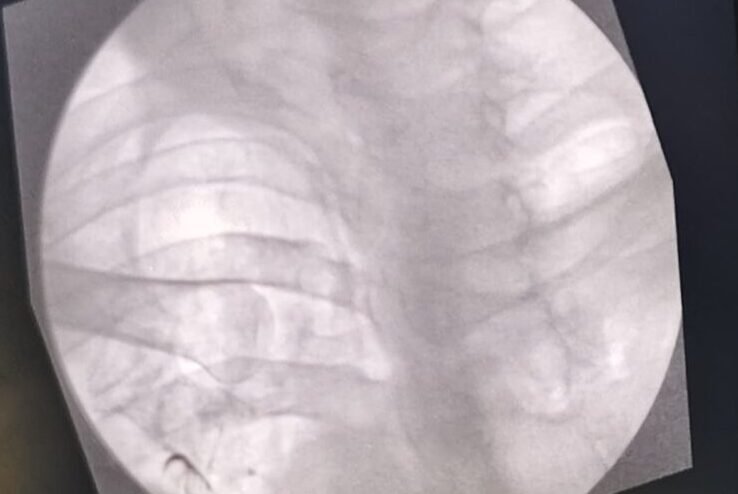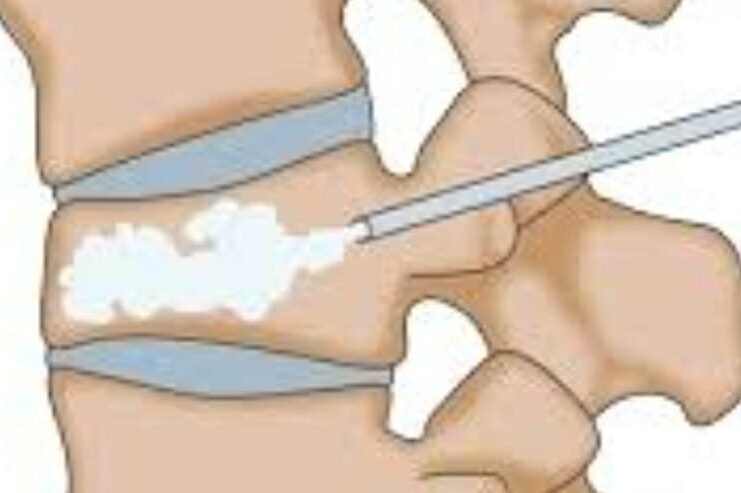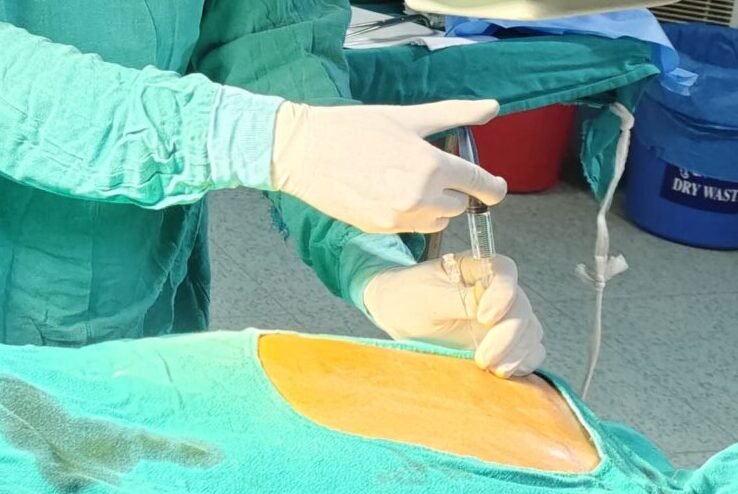Cancer Pain
All Services

Dr. (Maj) Varun Bajaj
MBBS, MD Anaesthesiology
FCPM (MUHS), FIAPM(ISSP)
Director – Devbhoomi Pain Spine Center
Why Choose Us
Our clinic is the first to offer world class comprehensive pain management services in Uttarakhand. All our procedures are : *Non surgical, *Painless, *Less than 1 hour duration, *Done under imaging guidance, *Performed by experienced professionals
Latest Blog
Would You Like to know ?
About Cancer Pain
Cancer pain is multidimensional and it has functional, social, physical, spiritual and emotional components.
- Consequences of cancer pain
- Functional impairment
- Immobility
- Social isolation
- Suffering
- Suicide ideation




Would You Like to know ?
Causes of pain in cancer patients
- Pain due to cancer
- Pain due to cancer treatment – chemotherapy and radiotherapy induced pain
- Cancer related bone pain
- Cancer related visceral pain
Types of cancer pain
- Somatic
- Visceral
- Neuropathic
What is the purpose of pain intervention?
Pain management interventions are specifically tailored according to the patient needs after proper investigation and conservative treatment with commonly available medications.
Cancer patients are on high dose narcotics and opioids which make them drowsy and lose touch with the world. Pain intervention limit the dose of narcotics so that they can resume day to day activities while enjoying pain relief.
Pain intervention options:
Imaging guided blocks:
- Intercostal nerve block
- Coeliac plexus neurolysis
- Superior hypogastric plexus neurolysis
- Thoracic sympathetic ganglion block
- Vertebroplasty
Radiofrequency ablation
- RFA intercostal nerve
- RFA coeliac plexus
- RFA superior hypogastric plexus
- Pain due to cancer
- Pain due to cancer treatment - chemotherapy and radiotherapy induced pain
- Cancer related bone pain
- Cancer related visceral pain
- Somatic
- Visceral
- Neuropathic
Pain management interventions are specifically tailored according to the patient needs after proper investigation and conservative treatment with commonly available medications.
Cancer patients are on high dose narcotics and opioids which make them drowsy and lose touch with the world. Pain intervention limit the dose of narcotics so that they can resume day to day activities while enjoying pain relief.
Pain intervention options:
Imaging guided blocks
- Intercostal nerve block
- Coeliac plexus neurolysis
- Superior hypogastric plexus neurolysis
- Thoracic sympathetic ganglion block
- Vertebroplasty
Radiofrequency ablation
- RFA intercostal nerve
- RFA coeliac plexus
- RFA superior hypogastric plexus
